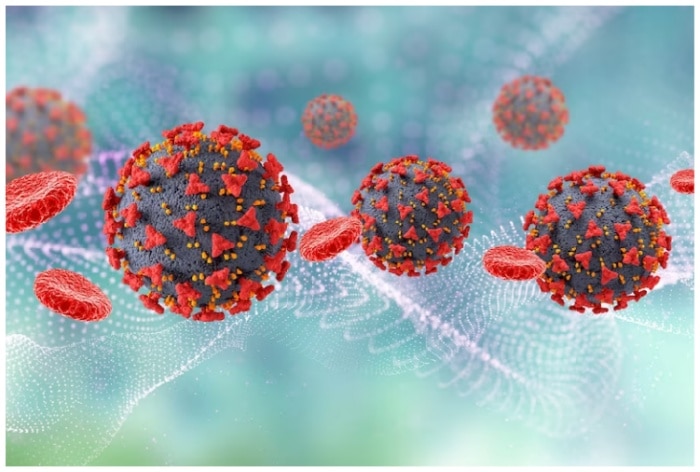Nipah Virus is a zoonotic virus that has claimed two lives in Kerala and two more people have been infected. Here are all the symptoms and preacautions that one must be aware of.
The Nipah virus has killed two people and infected two others in Kerala’s Kozhikode district, the state government said on Tuesday. “Nipah virus infection has been confirmed in Kozhikode district. Two people died due to infections,” PTI quoted Chief Minister Pinarayi Vijayan. This is not the first time that is zoonotic virus has been detected in South India. Deaths due to Nipah virus infection were reported in Kozhikode district in 2018 and 2021. The first Nipah virus (NiV) outbreak in south India was reported from Kozhikode on May 19, 2018.
According to the World Health Organization (WHO), Nipah virus infection is a zoonotic illness that is transmitted to people from animals and can also be transmitted through contaminated food or directly from person to person. The virus can also cause severe disease in animals such as pigs, resulting in significant economic losses for farmers, WHO said.
The CM of Kerala has urged people not to panic and to take precautions instead. The minister added that two epicentres of the disease have been identified, which will soon be declared as containment zones by the district collector after following due procedure.
HOW NIPAH VIRUS SPREADS?
It is not an airborne disease and does not spread too quickly. It can be transmitted via close contact with infected animals, fruits or fluid discharge. It can spread from human to human through close contact at home or in hospitals. It can spread from handling dead bodies of those with Nipah.
NIPAH VIRUS SYMPTOMS AND PREVENTION
The symptoms of the virus may vary in individuals. It can range from mild to severe and may even potentially lead to death if a person to. As per the Centre of Disease Control, the symptoms start to appear around 4-14 days after infection. Here are a few signs and symptoms of the virus.
Symptoms:
- Fever and headache
- Cough and sore throat
- Vomiting and nausea
- Shortness of breath
- Disorientation or confusion
- Brain Swelling
Prevention:
- Maintain proper hand hygiene. Wash hands regularly with soap and water
- Stay away from areas where there are chances of a higher population of bats
- Avoid eating raw foods that may have a possibility of being contaminated by bats like date palm, raw fruits etc,
- Avoid contact with sick animals
- Avoid contact with a fluid like saliva, blood or bodily discharge of an infected person.
Published Date: September 13, 2023 9:31 AM IST
–>
–>
